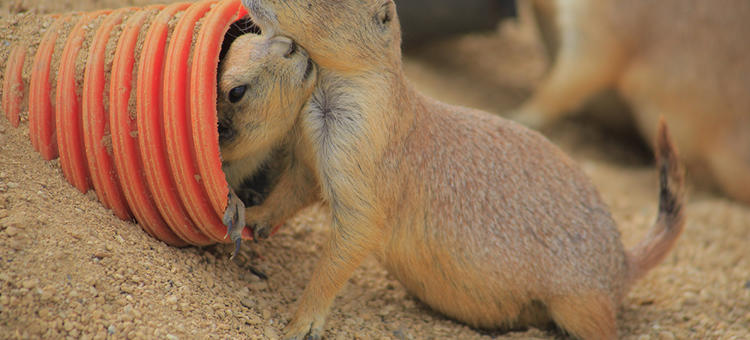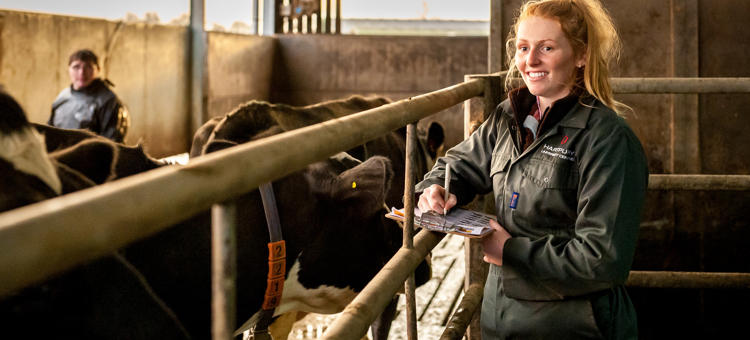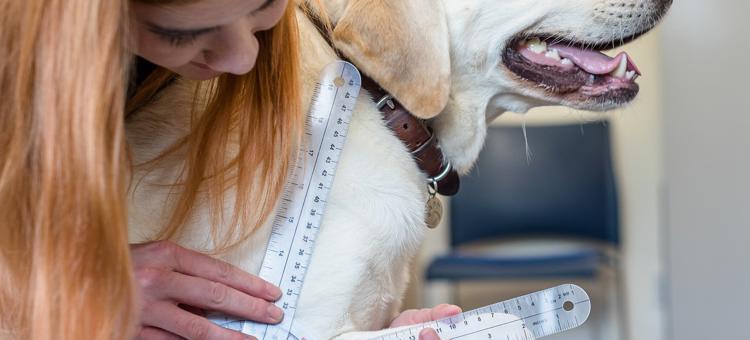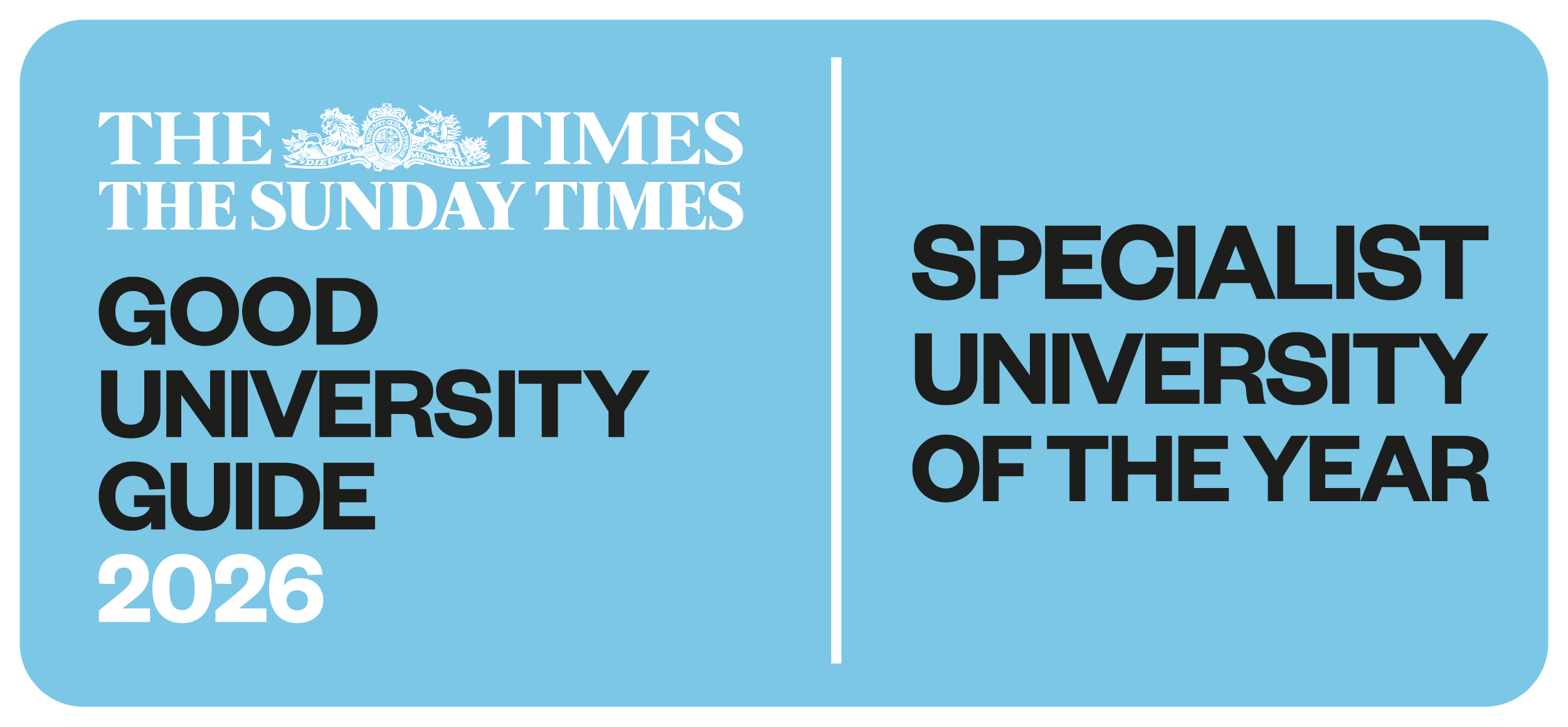Course information
A centre of excellence
This course will provide you with the expertise you need to navigate the legal system and improve welfare standards in your chosen area. You’ll learn from expert lecturers, many of whom are also industry professionals, actively engaged in legislation and policy development.
Alongside working with external organisations, students and staff gain insights from and influence welfare standards in our campus businesses – we’re home to animal therapy enterprises, equine livery and events centres, a commercial farm and over 70 different species.
Flexible online delivery
Online delivery makes this programme ideal, no matter where you live. Full and part-time pathways mean that you can study flexibly to fit around employment or other commitments.
UK Centre for Animal Law (A-Law) membership
As a student on this course, you'll benefit from complimentary student membership to A-Law through our university membership. The charity provides an extensive knowledge hub for global animal protection laws amongst lawyers, universities, animal protection groups and the wider public. You'll have access to professionals and resources to support your learning and career.
Academic
2:2 honours degree in a related subject.
Non-academic
Students with non-relevant qualifications but with work experience or professional experience will be considered on an individual basis.
International
In addition to the academic qualification an IELTS 6.5 or equivalent is required.
Please read the entry requirements for your country and contact our admissions team if you have any questions.
Please contact us for further information.
This applied master’s is focused on developing your understanding of how animal welfare concepts become embedded in legislation and how these apply to real-world settings.
Visiting lecturers
During the programme, you'll hear from a range of academic and industry professionals in lectures who are experts in their field. This will allow you to broaden your knowledge and develop your commercial networks whilst discussing real-world case studies.
Graduate destinations
This programme is well suited for people hoping to progress into higher management / supervisory positions in animal industries.
It would also allow for excellent routes into campaigns and lobbying departments of charities (eg. WAP, RSPCA) or professional bodies, as well as routes into education fields.
We're committed to supporting you to fulfil your unique potential while you're here so that you can achieve your personal and professional goals.
The majority of this course will be delivered online so that you can study from wherever you live. A typical week would involve online materials being released at the start of the week for students to engage with followed by online sessions at the end of the week with lecturers.
Duration
One year, full-time
You can study this qualification full-time and subsequently complete each within one year.
Two-three years, part-time
Alternatively, we offer flexible part-time options to help students to manage their studies alongside other commitments. These options can be tailored to suit your needs, enabling you to complete your qualification in two or three years. Please enquire for further details.
Your support network
You'll benefit from a strong support network from day one. This will range from your lecturers, supervisors and personal tutor to our specialist academic (Achievement and Success Centre), employability (Employability, Skills and Careers) and wellbeing teams.
Course information
Overview
A centre of excellence
This course will provide you with the expertise you need to navigate the legal system and improve welfare standards in your chosen area. You’ll learn from expert lecturers, many of whom are also industry professionals, actively engaged in legislation and policy development.
Alongside working with external organisations, students and staff gain insights from and influence welfare standards in our campus businesses – we’re home to animal therapy enterprises, equine livery and events centres, a commercial farm and over 70 different species.
Flexible online delivery
Online delivery makes this programme ideal, no matter where you live. Full and part-time pathways mean that you can study flexibly to fit around employment or other commitments.
UK Centre for Animal Law (A-Law) membership
As a student on this course, you'll benefit from complimentary student membership to A-Law through our university membership. The charity provides an extensive knowledge hub for global animal protection laws amongst lawyers, universities, animal protection groups and the wider public. You'll have access to professionals and resources to support your learning and career.
Entry requirements
Academic
2:2 honours degree in a related subject.
Non-academic
Students with non-relevant qualifications but with work experience or professional experience will be considered on an individual basis.
International
In addition to the academic qualification an IELTS 6.5 or equivalent is required.
Please read the entry requirements for your country and contact our admissions team if you have any questions.
Please contact us for further information.
Employability
This applied master’s is focused on developing your understanding of how animal welfare concepts become embedded in legislation and how these apply to real-world settings.
Visiting lecturers
During the programme, you'll hear from a range of academic and industry professionals in lectures who are experts in their field. This will allow you to broaden your knowledge and develop your commercial networks whilst discussing real-world case studies.
Graduate destinations
This programme is well suited for people hoping to progress into higher management / supervisory positions in animal industries.
It would also allow for excellent routes into campaigns and lobbying departments of charities (eg. WAP, RSPCA) or professional bodies, as well as routes into education fields.
How you'll study
We're committed to supporting you to fulfil your unique potential while you're here so that you can achieve your personal and professional goals.
The majority of this course will be delivered online so that you can study from wherever you live. A typical week would involve online materials being released at the start of the week for students to engage with followed by online sessions at the end of the week with lecturers.
Duration
One year, full-time
You can study this qualification full-time and subsequently complete each within one year.
Two-three years, part-time
Alternatively, we offer flexible part-time options to help students to manage their studies alongside other commitments. These options can be tailored to suit your needs, enabling you to complete your qualification in two or three years. Please enquire for further details.
Your support network
You'll benefit from a strong support network from day one. This will range from your lecturers, supervisors and personal tutor to our specialist academic (Achievement and Success Centre), employability (Employability, Skills and Careers) and wellbeing teams.
Qualification and modules
This online master’s degree focuses on how animal welfare is embedded and supported within the UK legal system. You’ll learn how legislation is developed, what it means when put into real-world contexts and how new scientific developments may change the way it is applied.
The focus of the degree is on UK legislation across a wide range of animal industries. You’ll develop important expertise to prepare you to succeed at higher management levels. You’ll understand the role of science in successful lobbying, how to critique this science in real-world practice, as well as how to develop strategies to overcome legislation barriers across different contexts.
A range of topics will cover important areas such as pain and nociception, perception and control of stress, sentience, motivation and emotions. From a human society perspective, you’ll also explore how our attitudes towards animals are influenced by philosophy, religion, politics and education, amongst other things.
Your dissertation provides an exciting opportunity for you to research a topic that matches your interests and career goals. Your project could be based on a sector within which you’re already employed or you could delve further into a new industry area.
Postgraduate Certificate
The Postgraduate Certificate includes modules focusing on the fundamentals of animal welfare and the UK legal system, alongside one specialist industry module. Please view the specific module breakdown for further details.
Postgraduate Diploma
The Postgraduate Diploma includes core modules except the research-based dissertation. Please view the specific module breakdown for further details.
Explore the compulsory modules for the MSc and PG Dip courses. If studying the PG Certificate, you’ll be able to choose from a range of optional modules to suit your interests and career goals.
Module credits
Upon successful completion of your modules, you’ll gain academic credit that accumulates towards your award. The marks you gain may contribute towards your final differential award (pass, merit or distinction).
Examine the underpinning principles of animal welfare that inform policy and legislation decisions, both in terms of biological science and social science. You’ll explore stress, pain and nociception, motivation and sentience, both in terms of the underpinning biology and their outward interpretation.
You’ll also explore how attitudes towards animals are influenced by religious, cultural, political and philosophical beliefs and how they impact our interpretation of animal welfare measures.
Explore how policy and legislation is developed, enacted and reviewed whilst discussing the role that science plays in making changes and the challenges of enacting legislation in the real world.
This includes discussion of research methodologies and applications, as well as strengths, weaknesses and limitations of different methods.
Focus on the most relevant policies and legislative items that relate to agriculture and food production. These will include a range of topics such as transport, slaughter and disease control as well as looking at management of a variety of farmed species.
Explore zoological institutions as well as areas surrounding performance animals, pest control, population management and game rearing. This module will touch on important international legislation, such as CITES.
Explore the industries for companion animals and equines, covering a range of topics, from how animals are sourced (eg. pet shops and breeders) to their use in sporting disciplines, therapy animals, animals in education and military/police animals.
Controls on the Use of Animals in Science (15 credits, compulsory for MSc and PG Diploma and optional for PG Certificate)
Examine the use of animals within scientific contexts, from research to authorisation and licensing of both human and veterinary medicines, and how animal use is justified through a cost-benefit framework.
Undertake a research project on a topic related to animal welfare, policy and legislation of your choosing.
There are no optional modules for students on the MSc and the PG Diploma.
Students on the Postgraduate Certificate will select one of the following modules to study (see information on previous tab):
- Regulating Agriculture and Food Production (15 credits)
- Captive Exotics and Wildlife Policy and Law (15 credits)
- Companion and Working Animal Regulations (15 credits)
- Controls on the Use of Animals in Science (15 credits)
Qualification and modules
MSc degree
This online master’s degree focuses on how animal welfare is embedded and supported within the UK legal system. You’ll learn how legislation is developed, what it means when put into real-world contexts and how new scientific developments may change the way it is applied.
The focus of the degree is on UK legislation across a wide range of animal industries. You’ll develop important expertise to prepare you to succeed at higher management levels. You’ll understand the role of science in successful lobbying, how to critique this science in real-world practice, as well as how to develop strategies to overcome legislation barriers across different contexts.
A range of topics will cover important areas such as pain and nociception, perception and control of stress, sentience, motivation and emotions. From a human society perspective, you’ll also explore how our attitudes towards animals are influenced by philosophy, religion, politics and education, amongst other things.
Your dissertation provides an exciting opportunity for you to research a topic that matches your interests and career goals. Your project could be based on a sector within which you’re already employed or you could delve further into a new industry area.
Postgraduate Certificate and Postgraduate Diploma
Postgraduate Certificate
The Postgraduate Certificate includes modules focusing on the fundamentals of animal welfare and the UK legal system, alongside one specialist industry module. Please view the specific module breakdown for further details.
Postgraduate Diploma
The Postgraduate Diploma includes core modules except the research-based dissertation. Please view the specific module breakdown for further details.
Modules
Explore the compulsory modules for the MSc and PG Dip courses. If studying the PG Certificate, you’ll be able to choose from a range of optional modules to suit your interests and career goals.
Module credits
Upon successful completion of your modules, you’ll gain academic credit that accumulates towards your award. The marks you gain may contribute towards your final differential award (pass, merit or distinction).
Compulsory modules
Examine the underpinning principles of animal welfare that inform policy and legislation decisions, both in terms of biological science and social science. You’ll explore stress, pain and nociception, motivation and sentience, both in terms of the underpinning biology and their outward interpretation.
You’ll also explore how attitudes towards animals are influenced by religious, cultural, political and philosophical beliefs and how they impact our interpretation of animal welfare measures.
Explore how policy and legislation is developed, enacted and reviewed whilst discussing the role that science plays in making changes and the challenges of enacting legislation in the real world.
This includes discussion of research methodologies and applications, as well as strengths, weaknesses and limitations of different methods.
Focus on the most relevant policies and legislative items that relate to agriculture and food production. These will include a range of topics such as transport, slaughter and disease control as well as looking at management of a variety of farmed species.
Explore zoological institutions as well as areas surrounding performance animals, pest control, population management and game rearing. This module will touch on important international legislation, such as CITES.
Explore the industries for companion animals and equines, covering a range of topics, from how animals are sourced (eg. pet shops and breeders) to their use in sporting disciplines, therapy animals, animals in education and military/police animals.
Controls on the Use of Animals in Science (15 credits, compulsory for MSc and PG Diploma and optional for PG Certificate)
Examine the use of animals within scientific contexts, from research to authorisation and licensing of both human and veterinary medicines, and how animal use is justified through a cost-benefit framework.
Undertake a research project on a topic related to animal welfare, policy and legislation of your choosing.
Optional modules
There are no optional modules for students on the MSc and the PG Diploma.
Students on the Postgraduate Certificate will select one of the following modules to study (see information on previous tab):
- Regulating Agriculture and Food Production (15 credits)
- Captive Exotics and Wildlife Policy and Law (15 credits)
- Companion and Working Animal Regulations (15 credits)
- Controls on the Use of Animals in Science (15 credits)
The modules contain a mixture of scheduled learning – lectures, online learning and workshops – alongside independent learning. Students are expected to dedicate at least two to three hours of independent study per contact hour.
The course is taught in English.
| Contact learning | Placement learning | Independent learning | |
| MSc degree | 12% | 0% | 88% |
| Postgraduate Diploma | 16% | 0% | 84% |
| Postgraduate Certificate | 16% | 0% | 84% |
Teaching contact time and method will vary depending on the module that you are studying.
You’ll be assessed through a mixture of written and practical exams, and written assignments. Many of the modules will be marked based on a mixture of assessment types, whilst others will be based solely on one type of assessment. Feedback will be given in written form, with the option to discuss all feedback with academic staff.
| Written exam | Practical exam | Coursework | |
| MSc degree | 15% | 15% | 70% |
| Postgraduate Diploma | 22% | 9% | 69% |
| Postgraduate Certificate | 44% | 6% | 50% |
This course is made up of three teaching blocks. Semesters normally consisting of 12 weeks of scheduled teaching and then assessment weeks, with an overview below:
- For each module (except the dissertation) there will be an online activity session to be studied followed by an online face-to-face delivered session to support this activity.
- Online materials will be released at the start of each week on a weekly basis for students to engage with.
- Where possible, live online sessions with lecturers will be scheduled for a Friday each week.
- Attendance dates and timetables are available before enrolment to support the arrangement of annual leave where required.
Please visit our student finance page for information on tuition fees and student loans, as well as non-repayable grants, bursaries and scholarships, eligible to different groups, to support with study costs.
Accommodation and living costs
Please visit our student accommodation page for details.
Our Resource Library is where you'll find all the essential details about Hartpury University's courses. It includes Programme and Module Specifications, along with Course Information Sheets for every course. You can easily download a complete revision history for each of these, clearly showing the dates changes were made.
Course Information Sheets: These are PDF versions of the course webpages. They provide an overview of the course, what to expect during your studies, and the topics covered.
Programme Specifications: These are detailed, validated documents containing academic specifics for each programme. They include descriptions of the programme, its aims, learning outcomes, year and module structure, as well as teaching, learning, and assessment strategies.
Module Specifications: Each Programme consists of several Modules. Our Module Specifications outline the topics covered and the expected outcomes for students studying each Module.
It's a good idea to think about fees and funding around your course as early as you can. We can help you to understand and take control of your finances. Here’s everything you need to know at a glance.

Our specialist facilities match our specialist nature. Students benefit from access to some of the most advanced facilities in the world at an educational institution.

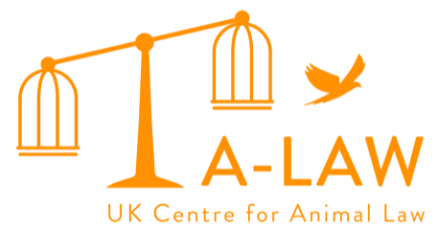
A-Law membership
As a student on this course, you'll benefit from complimentary student membership to A-Law through our university membership.
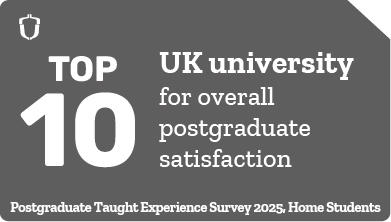
Top 10 UK University
We're a top 10 UK university for overall postgraduate student satisfaction (PTES 2025, home students).
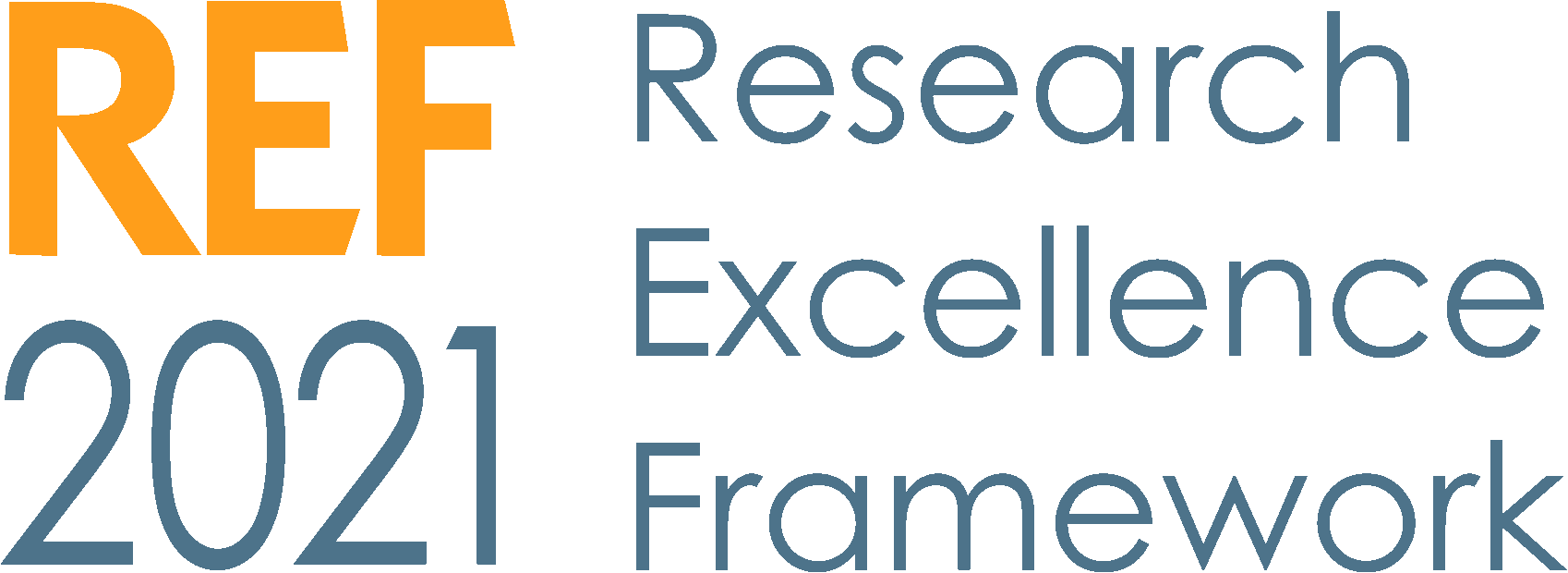
World leading
Our research has been recognised as 'world-leading' and 'internationally excellent' (Research Excellence Framework 2021).
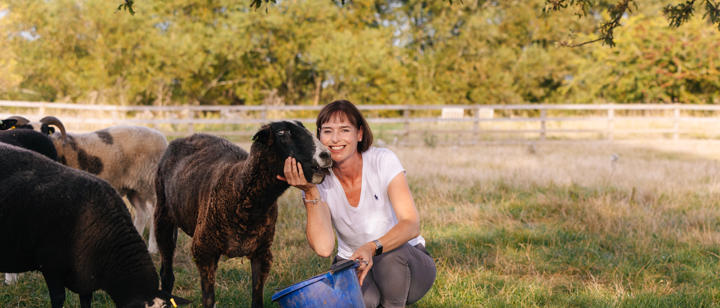
Get in touch
Important information
Every effort has been made to ensure the accuracy of our published course information, however our programmes are reviewed and developed regularly. Changes or cancellation of courses may be necessary to ensure alignment with emerging employment areas, to comply with accrediting body requirements, revisions to subject benchmark statements or as a result of student feedback. We reserve the right to make necessary changes and will notify all offer-holders of changes as and when they occur.








